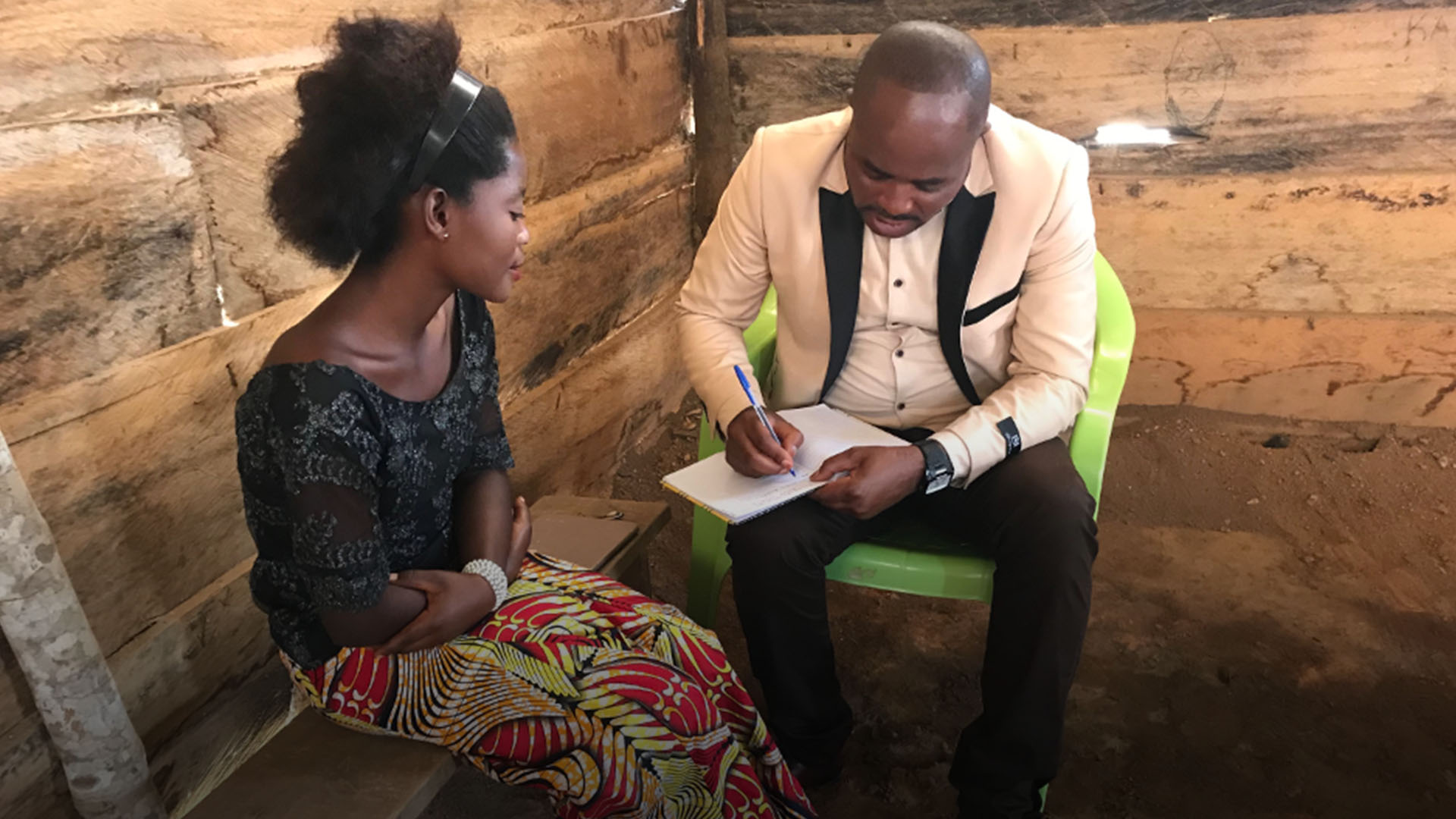Despite the tragedy surrounding them, believers in the Congo church are discipling and developing their younger members.
In Romans, Paul wrote with fervor and great detail about how believers ought to care for one another as part of our service to God.
“For as in one body we have many members, and the members do not all have the same function, so we, though many, are one body in Christ, and individually members one of another. Having gifts that differ according to the grace given to us, let us use them…” (Romans 12:4-6 ESV).
The beauty of this command is that it calls older believers to build up younger ones and the younger to treasure the help of the senior, both respecting one another’s differences and abilities.
Like a wisteria growing on the living trellis of older branches, we need the support of those more seasoned in life.
In this model, we see the cycle of a healthy church community.
One Stitch at a Time
Kavira Baraka grew up with seven siblings.
In the Democratic Republic of Congo, schools are not run by the state, and education is not free. The families must pay for children to learn, and in Kavira’s case, the financial burden was too much for her parents. In secondary school, Kavira’s mother and father took her out so that she could help them on their farm.
Kavira wanted to be able to do more to help out her family, but her future seemed uncertain and cloudy. As she turned sixteen and then seventeen, she applied for jobs in the nearby town and marketplaces, but no one wanted to hire her once they heard that she had very little formal education.
One day, while at church with her family, she heard about World Challenge’s partners who were running a sewing program through the church.
They believed in helping the younger generations develop practical skills while also discipling their hearts and minds. Kavira became determined to join the sewing program and develop a skill that could help support her family.
Kavira entered the training center and found 22 other women also there, ready to start learning. Classes began, and she absorbed everything she could.
Walking in the Shadow of Death
In the Congo, there was often news about insurgents in Somalia or famine in Kenya. Soon, though, the students began to hear terrifying whispers that people in the nearby towns of Beni and Ndindi were dying. No one seemed able to save them. They bled and passed away quickly, and the hospitals were little help.
Ebola had come again to Africa.
Kavira had been a little child during the last terrible outbreak, and the worst of that one had been in other countries. Now it was here, in her own hometown. People began fleeing Ndindi; the class shrank to half its original size.
They were living through the second worst Ebola epidemic in African history, but Kavira stayed in her church, her classes, her home. Where would she go? If she survived, what life would she live, potentially separated from family and church and with no employable skills?
When asked why she stayed and kept sewing, she said, “So that I gain a life.”
She graduated with 10 other women, the ones who had remained. Kavira began sewing her own clothes so that she could save as much money as possible for her family. The ladies and the church started discussing organizing a sewing shop where Kavira and other women could start full-time jobs.
“I am so grateful for God, who gave you the willingness to train us,” Kavira said. “Here, we say that the holistic ministry is changing lives. Glory be to God.”
Even in the face of illness and grief, she has found a reason for hope and trust that God guides her future.
